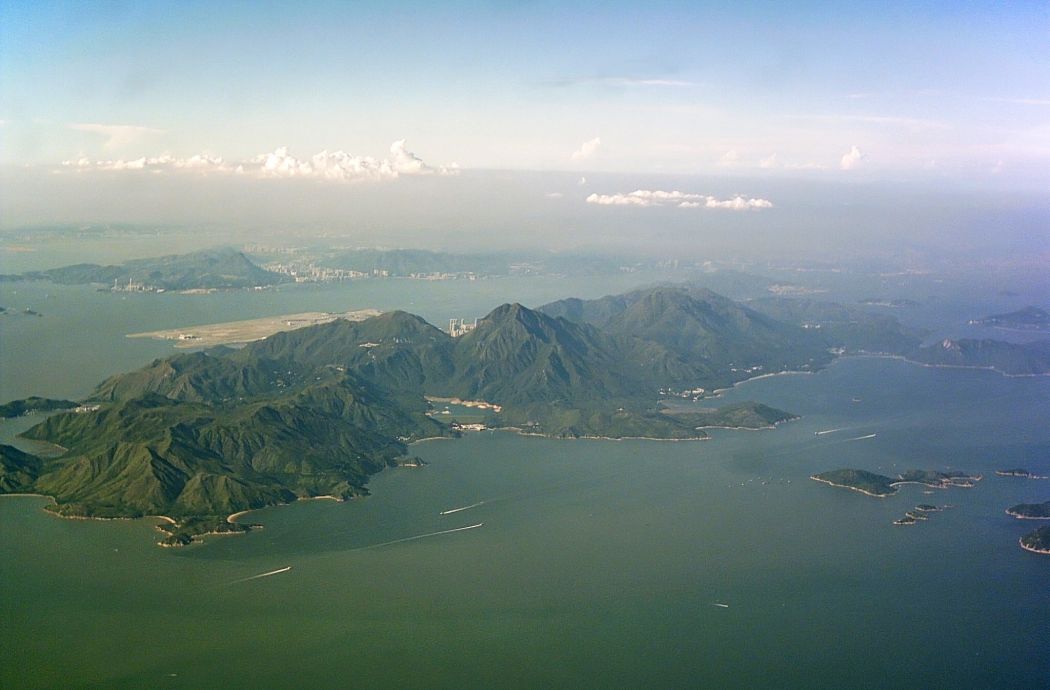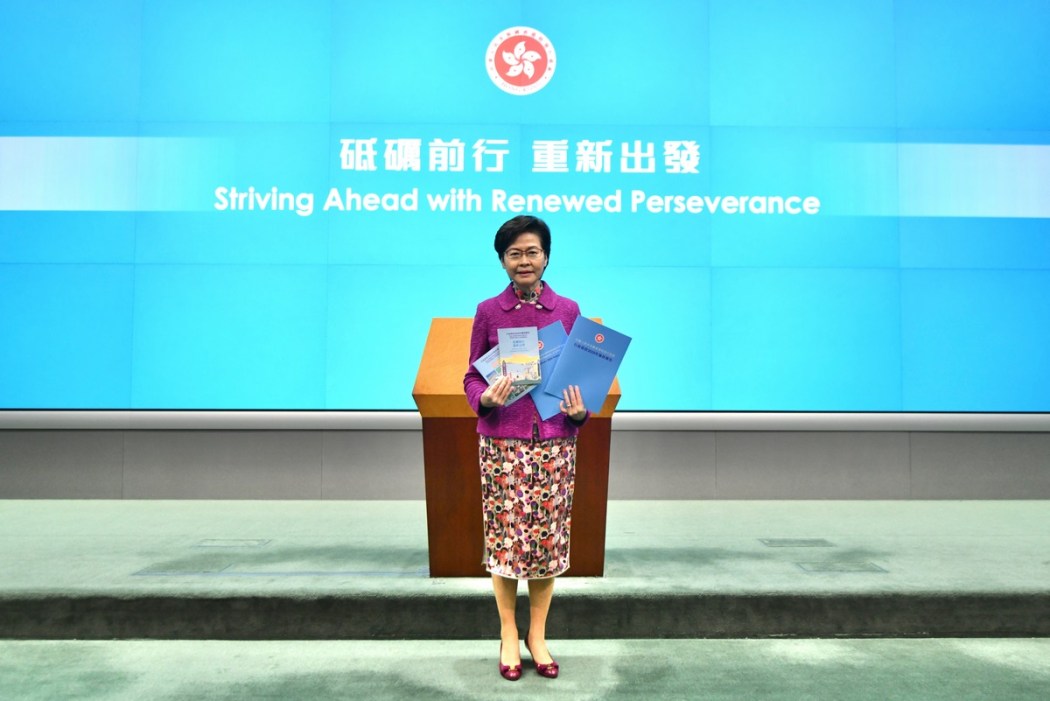With a legislature devoid of opposition, a population cowed by national security legislation and a tone-deaf chief executive operating in a made-in-China protective bubble, a much clearer picture of Hong Kong’s future is emerging — and it’s pretty scary.
The most audacious component of this unwanted promised land is the government’s Lantau Tomorrow Vision, which aims to solve the city’s chronic housing problem with a massive HK$624 billion reclamation project that would wipe out Hong Kong’s fiscal reserves and turn the waters east of Lantau into an environmental disaster zone.

Don’t do it! That’s what the opposition pan-democrats had been shouting, sloganeering and filibustering about for the past two years. But now, thanks to the long arm of Beijing, they are no longer sitting in the Legislative Council (LegCo), and funding for this ill-advised and grandiose scheme is free to make its way through a lapdog legislative chamber.
Even so, some of the remaining lapdogs are asking questions and expressing concern. In the end, however, you can count on it — they will sit, stay and obey, and we will see a 1,700-hectare, environmentally lethal Land of Oz rise in the South China Sea.
If a referendum had been held on this colossally bad idea, the scheme would have been dead on arrival. Indeed, if the people of this city had their way, Hong Kong’s property cartel would long ago have lost its suffocating grip on the real-estate sector and there would be no more subdivided flats and cage homes. Hongkongers know very well where the real problem and the true solution lie — with a government-coddled tycoon class that will reap yet another Midas-sized fortune from Lantau Tomorrow.
And as this fantastical vision emerges, another leviathan — dubbed the Greater Bay Area — will also arise as Hong Kong becomes better “integrated” with nine mainland cities and Macau in what is hoped to become a tech and business hub rivalling California’s Silicon Valley.
Again, we see no failure of ambition in this master plan. And let’s hope it works, transforming the Pearl River Delta region into a sparkling 5G megalopolis that will be the envy of the world. The worry for Hongkongers, however, is that in mainland parlance integration appears to be a synonym for ingestion: a swallowing up during which everything that is special about Hong Kong — its personal freedoms, its rule of law and even its Cantonese language and culture —will be lost.

That’s why Hongkongers have been wary of the plan from the start and why so few of the city’s younger generation have expressed any desire to take part. The widespread anti-mainland sentiment among locals prompted Chief Executive Carrie Lam Cheng Yuet-ngor, as part of her annual policy address last week, to offer a government subsidy to companies that hire graduates of Hong Kong universities to work across the border.
According to RTHK, the subsidies would cover thousands of finance and tech jobs, allowing employers to offer wages of up to HK$20,000 a month.
During her more than three years in Government House, Lam has not been able to earn much in the way of loyalty and respect from the young people of Hong Kong; now perhaps she can buy a little of both.
The Lam administration also plans to further the integration of Hong Kong and Greater Bay Area cities by doing something that was unthinkable only a short time ago: setting up polling stations for Hongkongers living in those cities, where a free and fair ballot has never taken place before, for future LegCo elections.
This would require a controversial change in Hong Kong’s electoral laws, not to mention daunting logistical challenges about which the Electoral Affairs Commission has raised red flags. But with LegCo neutered of all opposition and a public consultation ruled out, we could someday see Hong Kong elections held across the border, where one party has ruled for the past 71 years without ever being elected.
Hong Kong’s future could have been very different. But instead this government, taking its marching orders from the north, has put the best and brightest members of our younger generation — Joshua Wong Chi-fung, 24, Ivan Lam Long-yin, 26, and Agnes Chow Ting, 23, to name a prominent threesome — behind bars.
It’s troubling, to say the least, to live in a city where people who symbolise a better future languish in jail.
Support HKFP | Policies & Ethics | Error/typo? | Contact Us | Newsletter | Transparency & Annual Report | Apps
| HKFP is an impartial platform & does not necessarily share the views of opinion writers or advertisers. HKFP presents a diversity of views & regularly invites figures across the political spectrum to write for us. Press freedom is guaranteed under the Basic Law, security law, Bill of Rights and Chinese constitution. Opinion pieces aim to point out errors or defects in the government, law or policies, or aim to suggest ideas or alterations via legal means without an intention of hatred, discontent or hostility against the authorities or other communities. |
Help safeguard press freedom & keep HKFP free for all readers by supporting our team

More HKFP OPINION:
HKFP has an impartial stance, transparent funding, and balanced coverage guided by an Ethics Code and Corrections Policy.
Support press freedom & help us surpass 1,000 monthly Patrons: 100% independent, governed by an ethics code & not-for-profit.










